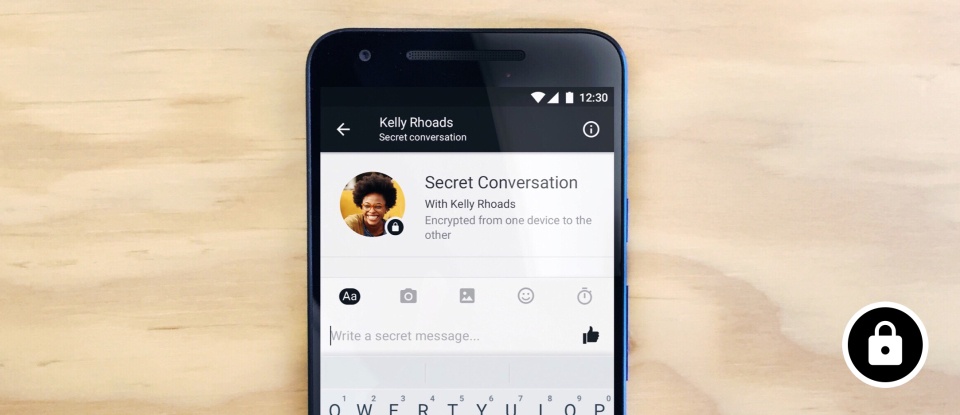HP Security Bulletin HPSBHF03652 1 – A potential vulnerability in Apache Commons FileUpload was addressed by HPE iMC PLAT network products. The vulnerability could be exploited remotely resulting in a Denial of Service (DoS). Revision 1 of this advisory.
Monthly Archives: September 2016
Debian Security Advisory 3678-1
Debian Linux Security Advisory 3678-1 – Sergey Bobrov discovered that cookie parsing in Django and Google Analytics interacted such a way that an attacker could set arbitrary cookies. This allows other malicious web sites to bypass the Cross-Site Request Forgery (CSRF) protections built into Django.
HP Security Bulletin HPSBHF03655 1
HP Security Bulletin HPSBHF03655 1 – Potential security vulnerabilities have been identified with HPE iMC PLAT network products running Apache Axis2. These vulnerabilities could be exploited remotely resulting in Denial of Service (DoS), disclosure of information, and other impacts. Revision 1 of this advisory.
HP Security Bulletin HPSBHF03654 1
HP Security Bulletin HPSBHF03654 1 – Potential security vulnerabilities have been identified with HPE iMC PLAT network products using SSL/TLS. These vulnerabilities could be exploited remotely resulting in disclosure of information and other impacts. Revision 1 of this advisory.
Hackers Are Trying To Extort LA Investment Bank
US Senator Asks SEC To Probe Yahoo Hack
152k Cameras In 990Gbps Record Breaking Dual DDoS
Russia Versus The 400-Pound-Hacker: Clinton And Trump Go Toe-To-Toe On Cybersecurity
Secret Conversations on Messenger will hide your chats from Facebook
Secret Conversations available on mobile devices Source FB newsroom
![]()
Links that endanger your cyber-security

On any given day, employees at your company click a multitude of links and many of them come from unknown sources. But clicking these mysterious URLs endangers more than your security, it can also threaten your business.
Curiosity can cost you. The sole purpose of these links is to transfer malware onto your system. What’s worse is that, as demonstrated in a recent study, the majority of internet users click these unknown links.
Zinaida Benenson, a professor from the University of Erlangen-Núremberg, and her team of investigators sent 1,700 students messages (from both Facebook and email) containing a shortened link in order to access a photo album. To do this they created fake accounts and profiles to see if the students trusted and clicked the unknown sources.
But, of course, a photo album did not appear when the link was clicked. Luckily for the study’s participants, there was only an error page that allowed for the investigators to count how many of them clicked the bait. The study’s results speak for themselves: 56% of those that received the link via email and 38% via Facebook clicked the links.
More than half of internet users click links without thinking.
Later on all of the study’s participants received a questionnaire. Once again, one of the conclusions drawn from the study was the most surprising: The number of those who clicked the unknown links totaled 78%. Why? For most participants, curiosity was to blame.
It is extremely important that employees are aware of the risks when clicking a link from an unknown source: this mistake can endanger all of the private data stored on company systems, including information stored in the Cloud.
However, if you see that curiosity takes flight, the best advice you can adopt is to begin using a solid protection service such as Panda Solutions for Companies, the only way to protect ourselves against these type of cyberattacks.
The post Links that endanger your cyber-security appeared first on Panda Security Mediacenter.


